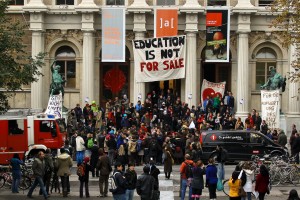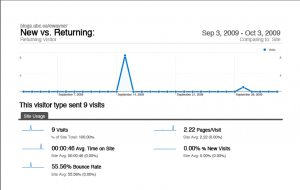This is the latest biweekly collection links to recent articles by historians on HAW-relevant topics – or articles by other writers that provide historical background on these. Members of the working group for this project are: Matt Bokovoy, Carolyn (Rusti) Eisenberg, Jim O’Brien, Maia Ramnath, Sarah Shields.
“Honduras: Solution or Stall?”
By Greg Grandin, Z-Net, posted November 2
“Afghanistan as a Bailout State”
By Tom Engelhardt, TomDispatch.com, posted November 1
(applies Vietnam lessons in critiquing all the mainstream policy options under discussion in Washington)
“Afghanistan Déjà vu? Lessons from the Soviet Experience”
Edited by Svetlana Savranskaya, National Security Archive, posted October 30
(contains links to several Soviet primary sources and several newspaper articles based on them, including the Sebestyen op-ed piece listed below)
“Transcripts of Defeat”
By Victor Sebestyen, New York Times, October 29
(on the Soviet defeat in Afghanistan and its parallels to the present)
“Is Obama’s Iran Policy Doomed to Fail?”
By Dilip Hiro, TomDispatch.com, posted October 29
“What Savvy Leaders Could Do to Move Toward a Nuclear-Free World (Obama–Are You Listening?)”
By Lawrence S. Wittner, History News Network, posted October 26
“Review of Alfred W. McCoy, Policing America’s Empire: The United States, the Philippines and the Rise of the Surveillance State”
By Jeremy Kuzmarov, History News Network, posted October 24

